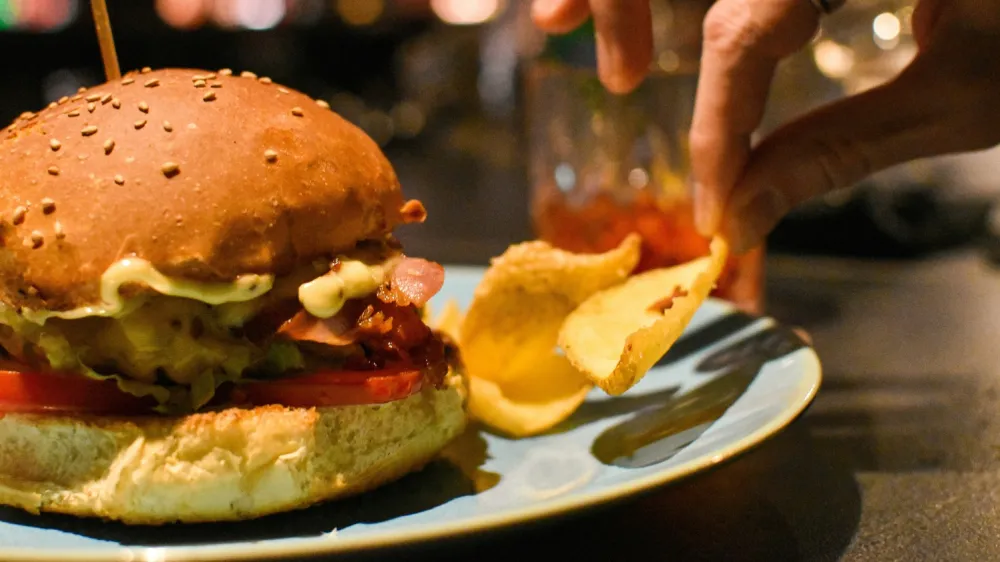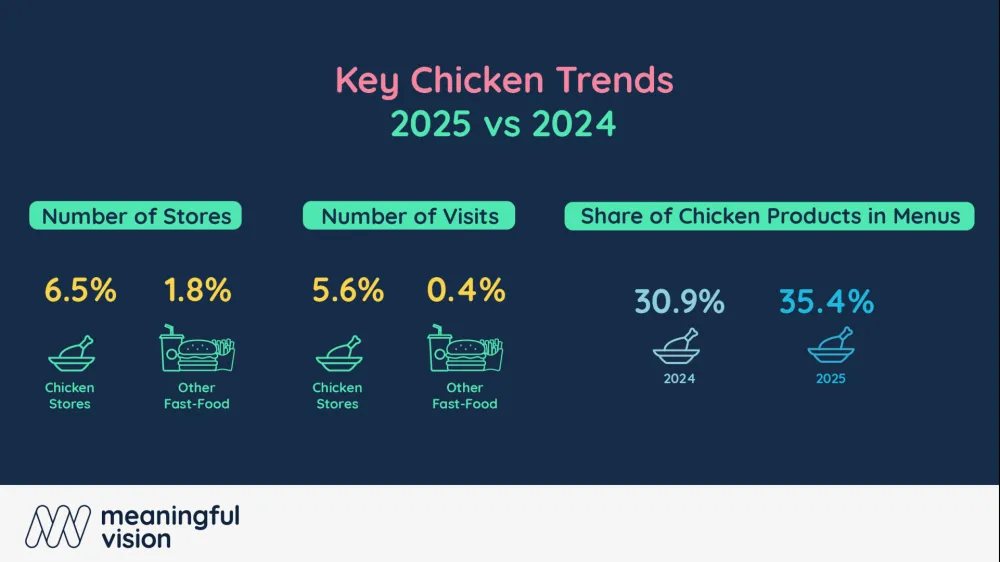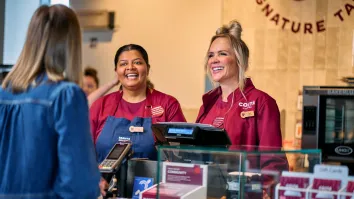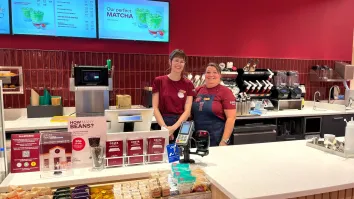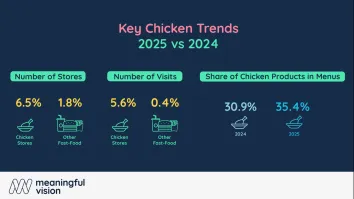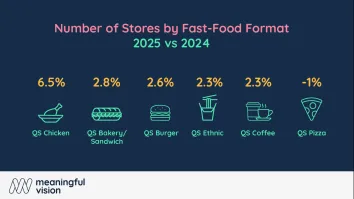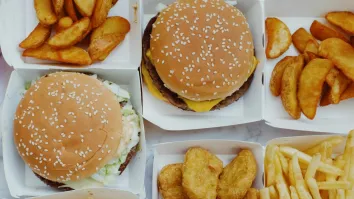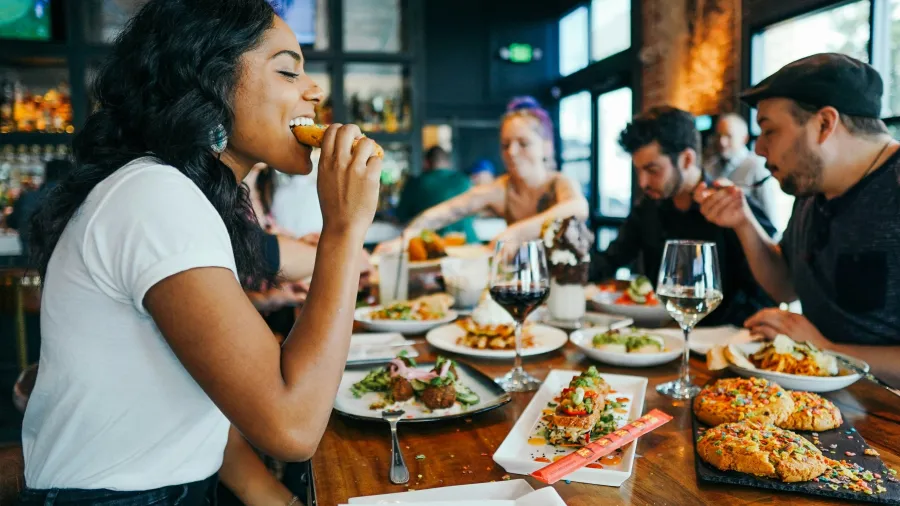
UK foodservice market to expand at 6.6% CAGR through 2030
Restaurants providing clear dietary information are building trust and encouraging repeat visits.
The UK restaurant sector, part of a broader £104.8b foodservice market in 2025, is expected to continue recovering from the pandemic, with a projected annual growth rate of 6.64% through 2030, according to the UK Food Council.
This recovery is occurring alongside major shifts in consumer habits and restaurant business models.

Independent operators face tighter margins than multi-site chains, with profitability for smaller local venues falling to 4% to 6%, compared with 10% to 12% for larger, well-managed groups.
The number of active restaurant outlets fell slightly in 2025, largely due to closures amongst independents, highlighting their vulnerability to inflation and rising fixed costs.
Staffing remains a critical issue, with turnover reaching a record 38%. Labour shortages, worsened by Brexit, are forcing some restaurants to cut hours or limit capacity, affecting both revenue and service.
Dine-in traffic is rebounding, especially for experience-focused concepts, whilst delivery and takeaway revenue has eased after previous record years.
Third-party platforms like Deliveroo, Uber Eats, and Just Eat remain important, but high commission fees of 20% to 30% are prompting operators to try shifting repeat business to their own digital channels.
Digital investment is rising sharply, with more than 85% of restaurant leaders planning new technology in 2025 to improve efficiency, marketing, and customer experience.
Innovations include mobile ordering, AI-driven recommendations, advanced CRM systems, and digital loyalty programmes.
Consumers increasingly seek unique dining experiences. Around 70% say they are willing to pay more for chef’s tasting menus, pop-up events, or exclusive chef’s table experiences, which tend to drive repeat visits and higher spending per customer.
Brand partnerships are gaining prominence over influencer marketing. About 45% of diners discover new restaurants through social media, and 40% of operators are investing in collaborations to expand into cookbooks, at-home meal kits, and merchandise.
Menus are also evolving to reflect health and sustainability trends. One in five UK diners identifies as at least flexitarian, and demand is rising for plant-based, gluten-free, and gut-health-focused options.
Restaurants providing clear dietary information are building trust and encouraging repeat visits.
Wellness-focused offerings—such as kombucha on tap or locally sourced, minimally processed ingredients—appeal to younger diners, particularly Generation Z and millennials, by combining health benefits with storytelling on menus.
